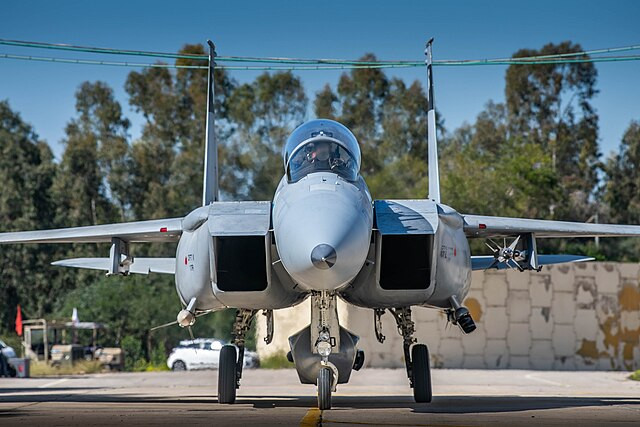Israeli airstrikes early Saturday in central Beirut killed at least 15 people and injured 63, according to Lebanon's Health Ministry, marking the fourth strike on the capital in less than a week. The strikes destroyed an eight-story residential building in the Basta district and were reportedly aimed at a senior Hezbollah official, though Hezbollah legislator Amin Shiri stated that no officials from the group were in the building.
"It was a very horrible explosion. All the windows and glasses were over me, my wife, and my children. My home now is a battlefield," said Ali Nassar, a resident of the area. "Even if one person is hiding here... Should you destroy buildings where people are sleeping inside? Is it necessary to kill all the people for one person? Or we're not humans? That's what I'm asking."
The Israeli military has not commented on the attack or its casualties. The Lebanese Health Ministry said the death toll could rise as DNA testing is conducted on body parts retrieved from the rubble.
Elsewhere in Lebanon, Israeli drone strikes in the southern port city of Tyre killed two Palestinian refugees and injured three others. Mohammed Bikai, spokesperson for the Fatah Palestinian faction in the Tyre area, said the victims were from the al-Rashidieh refugee camp and were out fishing. "You can't tell someone who needs to eat that you can't fish," Bikai said.
The escalation in Beirut and other areas comes as U.S. envoy Amos Hochstein leads efforts to broker a ceasefire between Israel and Hezbollah. The proposal under discussion reportedly calls for a two-month ceasefire, the withdrawal of Israeli forces from southern Lebanon, and the removal of Hezbollah's armed presence south of the Litani River. Thousands of additional Lebanese army troops would patrol the area alongside U.N. peacekeepers, with an international committee monitoring implementation.
Disagreements remain, however, over critical aspects of the deal. Israel has demanded guarantees that Hezbollah's weapons be removed from the border area and insists on retaining the right to conduct strikes if violations occur. Lebanese officials have rejected this, arguing it infringes on Lebanon's sovereignty. Hezbollah leader Naim Kassem said, "The conditions for a deal are a complete cessation of hostilities and the preservation of Lebanon's sovereignty," warning that the group is ready for prolonged conflict if these terms are not met.
Lebanese and Israeli officials also disagree over the composition of the proposed international monitoring committee. Israel opposes the inclusion of France due to its historical ties with Lebanon, while Lebanon rejects Britain, citing its alignment with Israeli interests. Despite these challenges, diplomatic talks are continuing.
Meanwhile, violence in Gaza persists alongside the conflict in Lebanon. Gaza's Health Ministry reported that the death toll from the 13-month-long war has surpassed 44,000, with over half of the casualties being women and children. Conditions in Gaza remain dire, with widespread displacement, food shortages, and deteriorating humanitarian conditions. The International Criminal Court this week issued arrest warrants for Israeli Prime Minister Benjamin Netanyahu and former defense minister Yoav Gallant for alleged war crimes. Netanyahu condemned the warrants, while reactions from global powers have been mixed.
As the violence escalates, civilians remain caught in the crossfire. Ali Nassar's plea echoed the anguish felt by many: "Even if one person is hiding here... Should you destroy buildings where people are sleeping inside? Is it necessary to kill all the people for one person? Or we're not humans?"




